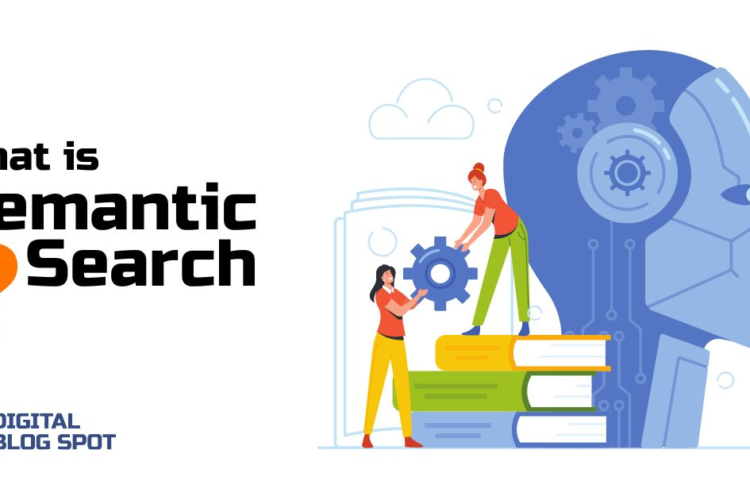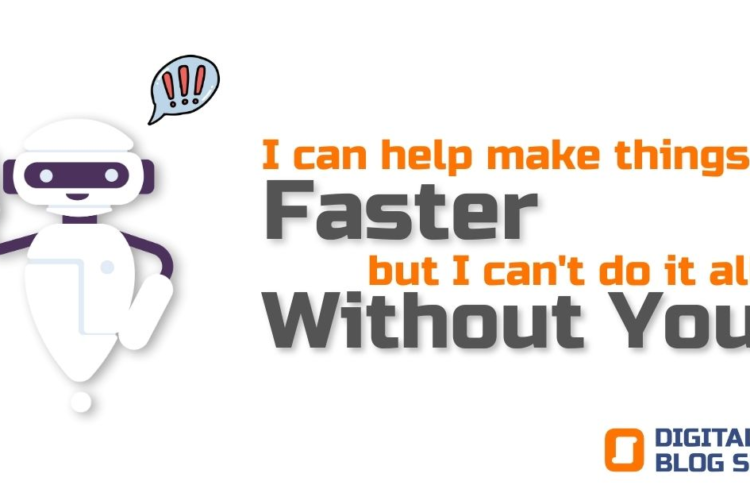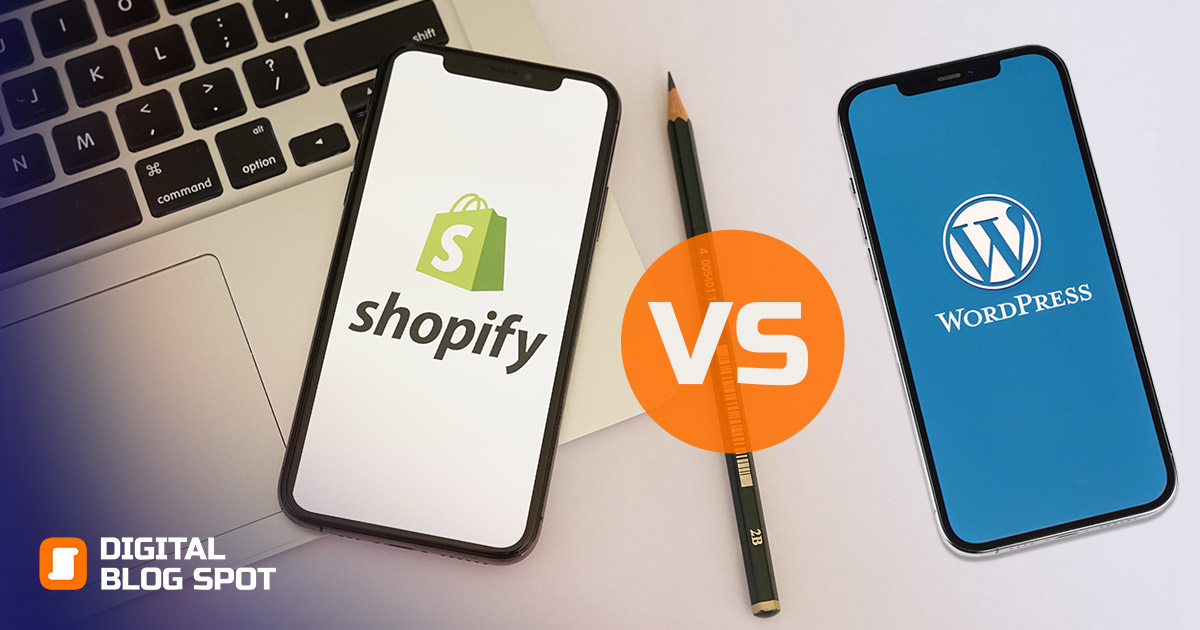
If you are asking the same question, then you must be planning to start your ecommerce business soon. You must be still asking yourself, though, if WordPress or Shopify is better for SEO, as they are both two of the best ecommerce store builders in the market.
Today, I am going to answer the most dominating question you have in mind. Choosing the right SEO-friendly platform can let you double your revenues and avoid all unnecessary costs.
Before you find out the hard way, I will tell you that switching your e-commerce business platform in the middle of its performance would be such a hectic and time-consuming task to perform.
Choosing the right ecommerce platform can make all the difference between success and failure. That won’t be the result of a total breakdown of your site, but you might get completely frustrated throughout the process.
Read through till the end of this blog and you will definitely have a clear view of which platform suits you the best!
Why is Search Engine Optimization “SEO” critical for any E-commerce business?
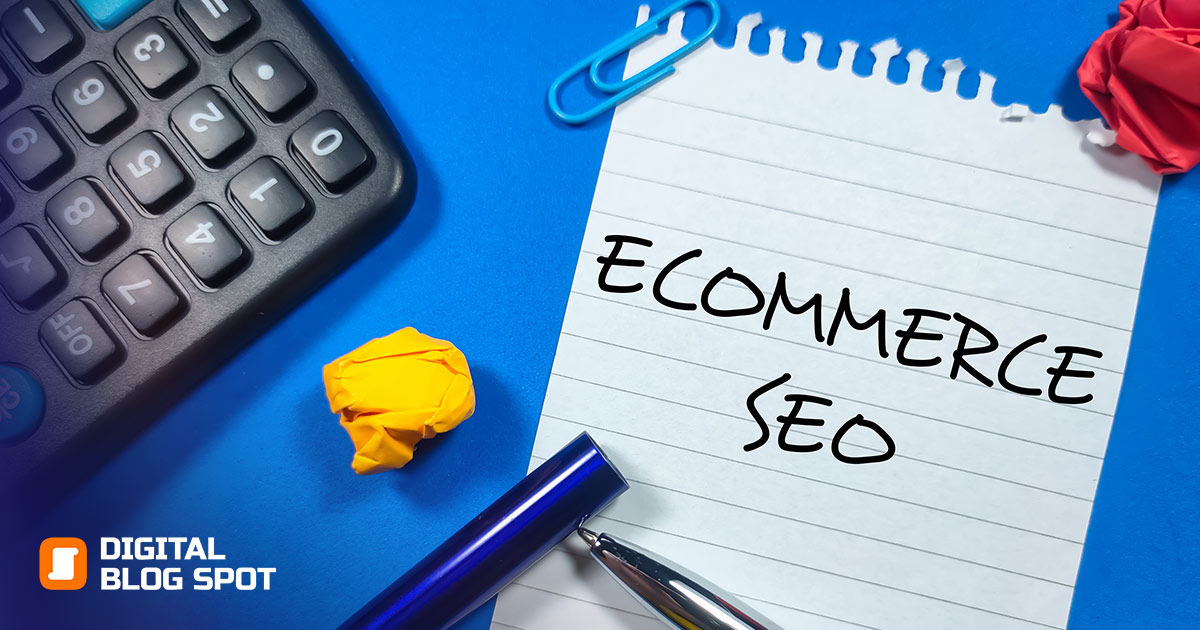
Google Processes billions of Searches each day
Google processes over 8.5 Billion searches every day. World population in 2023 amounts to 8 Billion people.
This means that most internet users if not all of them, are using search engines to find what they want. Those searches vary according to their intent from informational, commercial, and transactional as per SEMrush’s classification.
Transactional search terms are used when a user is looking for a specific product to buy. Commercial search terms are the ones used when he is trying to review or find out more information about a commercial product or service.
That means that getting your product or service among the top results on search engines is essential in the current times.
Organic Search Traffic is a pillar on which your website leans
Organic search traffic represents the first or second traffic source for most websites. Given that it is organic, in other terms “not paid” makes it higher in terms of ROI.
Moreover, Search Engine Optimization doesn’t only help with traffic generation, but also provides website users with a better experience. Website conversion rates are highly dependable on your onsite experience.
So, by increasing your SEO score you would be both pushing more users through your conversion funnel, and enhancing your funnel performance in order to maximize the number of completed conversions.
Of course, you will be paying at the beginning to establish your SEO score, but in the long run, it will turn into a passive source of income. You will be able to generate a large amount of business without spending vast amounts of dollars on advertising campaigns.
Shopify Vs WordPress Overview
In order to start understanding the SEO performance of Shopify vs WordPress, I have to explain first what is the nature of each platform.
WordPress Website Builder Overview

WordPress is a website builder that is on its own capable of creating informative websites with no coding knowledge needed.
It uses themes and blocks to structure a full website, and that’s why it is called a block builder. With loads of premium and free themes, the platform is rich and unique in the amount of elegant and modern designs that you can use.
It is not a cloud-based platform, and that’s why, if you are planning to use WordPress you would have to either buy a separate hosting and upload your site or subscribe to a hosted WordPress plan.
In both cases, you would have the freedom to choose the features and quality of your hosting provider based on your budget control.
42% of the websites available over the internet were created using WordPress according to wordpress.com
Shopify Ecommerce platform overview

Shopify is a great option for building ecommerce websites. It was originally designed solely for ecommerce websites.
Whether you are a beginner looking to start an online shop or planning to kick-start your journey with drop shipping, Shopify can be a pretty good option for you.
Shopify provides you the ability to sell through your website, over Facebook, Google Merchants, and many other places. It can even allow you to set up a physical store and use its system for managing sales through the offline channel.
As Shopify is a cloud-based platform, you will be able to manage your store from literally any place with an internet connection and a laptop or a mobile device.
You can add users according to your plan and assign them roles, so they can help you with managing your store. Its easy and flexible interface will facilitate the process of creating new products, amending inventory, and printing invoices.
Is WordPress or Shopify Better for SEO
1- Hosting & Site Speed

Shopify
As previously mentioned, Shopify is a cloud-based platform and that allows for both ease of access and fast speed. Forget about the trouble of upgrading your server capacity with higher traffic times.
Shopify doesn’t only guarantee the security of your site, but also the security of your user’s information, and payment methods.
This guarantees your site speed will be at its highest possible at all times. Of course, there are other factors in play.
WordPress
For WordPress, the case is somehow different. In order to host your WordPress site, you will have to find a good hosting provider. There is a good range of hosting solutions that provide a WordPress hosting plan.
Among those are Bluehost, Hostinger, Hostgator, and Godaddy.
The speed of your website, when hosted on any of the above, will be great and the difference between them is unnoticeable. However, when running an ecommerce store everything matters.
My advice for you would be to consider hosting speed and downtime. Personally, Hostinger has provided me with the best value.
For this bullet, I would say Shopify SEO wins the point.
2- Available Themes

Shopify
You might be wondering, what themes have to do with SEO, but they actually play quite a big role. As you might know, the choice of your theme will have a direct effect on your website’s loading speed.
Shopify has a store with only 11 Free theme options, and a wide range of premium-supported themes. The prices of the premium ones however vary greatly with the premium options being around 300$.
You can find some other cheaper paid themes on Envato, but they aren’t necessarily supported by Shopify, meaning that you might face some troubles with setting them up.
Overall, if you have the budget to invest, I would recommend investing in a nice professional theme after reading a ton of reviews about it as it is going to stick with you for a while.
WordPress
WordPress has a set of vast libraries of free and premium themes that you can pick from. When it comes to WordPress, you would find that there are a lot of themes with admirable animations.
However, don’t go after the looks alone, same as your dad told you with the ladies! The more animations on your site the longer it might take for a page to load. That will definitely affect your loading speed.
A lot of the premium themes as well offer you an advanced control dashboard specialized for editing your theme with a lot of customizations that can help speed up your website.
WordPress premium themes range from 20$ all the way to a high average of 70$. I have used a lot of its premium themes and they have done me good in terms of loading speed.
WordPress SEO wins the themes bullet for the large pool of theme options you can choose from.
3- Ease of editing Meta tags
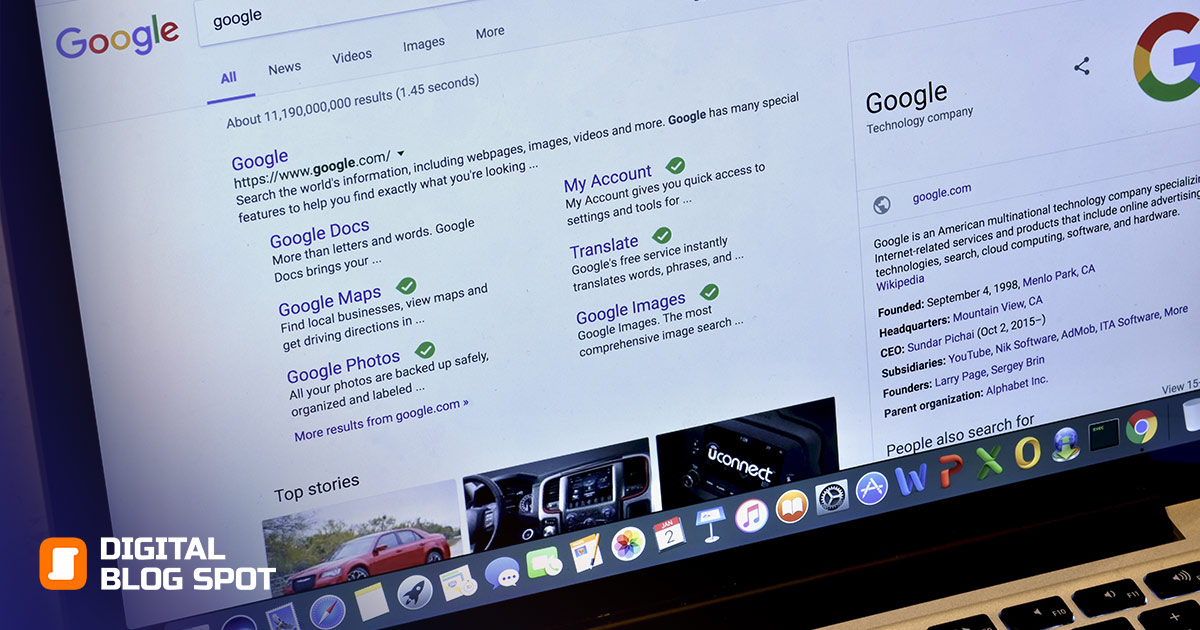
Shopify
Driven by a lot of experience, Shopify SEO is well covered in terms of giving you the ability to customize your meta snippets. Almost every page of your online store has customizable meta titles, tags, descriptions, and URL snippets.
That way with a little effort, you can assure that the discoverability element on the SERP is achieved in a proper way.
When you create a product collection, the name of the collection will appear in the URL snippet just after the product section. That can elongate your URL snippet a little bit.
You will have to take that into consideration while measuring your URL snippet length.
WordPress
WordPress also has got that section covered for every page on your website with ease.
WooCommerce, a WordPress ecommerce plugin also provides you with the ability to edit all meta tags for your product pages.
WordPress alt tags editing is easier, however, and you can additionally create an image caption and tags. Those are extra features, but the more you define your images and full content with more text the better it is for SEO.
This point will be granted to both Shopify SEO and WordPress SEO alike as they both fulfill the purpose completely and with ease.
4- Multi-Language Support

Being an online store owner means that you can have more than one market to serve. And the more you grow the more markets there will be.
In this scenario, Multi Language Support will be critically needed.
Should SEO be configured for each language?
The answer is a definite “Yes” if you are planning to get that organic traffic share from each market. As you might know, a lot of locals of each country know very little about English. Some of them, don’t even speak a word of it.
Having your product titles and descriptions in their local language is essential. But as well you need to provide them with a good on-screen experience, for their viewed version of your website.
Shopify
Shopify on its own doesn’t support multi-languages. Your theme however can offer you second or third-language support.
Translating your website, however, will never be an easy process using your theme’s method.
That’s why in most cases, you would have to use an app for that purpose. Most translation apps use an auto translator. They will additionally provide you with an option to manually translate each block of text.
Using auto or manual translation with Shopify is not the best practice. That is a result of Shopify rendering the page in the original language first, then translating the on-screen text.
I would however suggest the other option which is to do the manual translation, but it often breaks as well.
In both cases, the loading speed of my pages was affected when translating them into an RTL language.
WordPress
WordPress WPML plugin however is easier to use and less buggy. It supports automatic and manual translation as well. However, since the plugin is created by the WordPress team, it is compatible with all WordPress features and WooCommerce as well.
WPML is developed to provide fast-render, manual & automatic translation to almost any language. You can use the auto-translation and then go over it with a full review and manually amend the elements that require further amendment.
Worry not about your WordPress sites’ SEO, as WMPL guarantees full control over how your URLs look. Go further as to edit SEO translations for meta information, and pass the properly translated sitemaps to the google webmaster.
As WordPress SEO grants more flexibility in website translation, we will let WordPress SEO win this point.
5- Post Creation

Blogging plays an essential role in maximizing the number of keywords that your website can rank for. At this point, we will compare Shopify vs WordPress CMS.
CMS is short for Content Management System, which is a term used to refer to the tool’s interface. Content Management System gives you control over editing your pages’ text and images.
Creating new posts and optimizing their onscreen SEO, is a core element if you want to build yourself a content marketing strategy that covers high SERP exposure.
Despite WordPress being considered a Blogging platform and Shopify an ecommerce platform, today we will measure both of their functionalities when it comes to publishing new posts.
Shopify
Shopify was originally designed to develop ecommerce platforms. It features a News tab in its user interface, that allows for quick blog post creation.
I’ll say that Shopify does a pretty decent job of providing you with the essential tools for creating blog posts, but it doesn’t go the extra mile.
WordPress
WordPress on the other hand doesn’t go around playing when it comes to blogging. It has loads of add-ons that can make your blogging page, and single blog page unique.
We can’t ignore that WordPress is primarily a blogging platform.
You can add a subscribe section for each blog in order to gather user emails.
Moreover, WordPress themes usually offer a designed block to every blog page theme for highlighting relevant blogs.
Add a side panel filter on the main blog page to let your users navigate through the different categories and tags of your blog.
WordPress Yoast SEO plugin grants your blog a much more powerful advantage. With Yoast SEO, not only can you customize the meta information, but you can also add an index or no index tag to any page.
That helps block Google from crawling the pages that you don’t want Google to index. In general, you wouldn’t need Google to crawl every single page on your website.
you can also set a specific blog post as a cornerstone page. That tells Google that this page is of high value as it consolidates a lot of information regarding a specific topic.
WordPress SEO wins the point for blogging without question.
6- Plugins and Apps
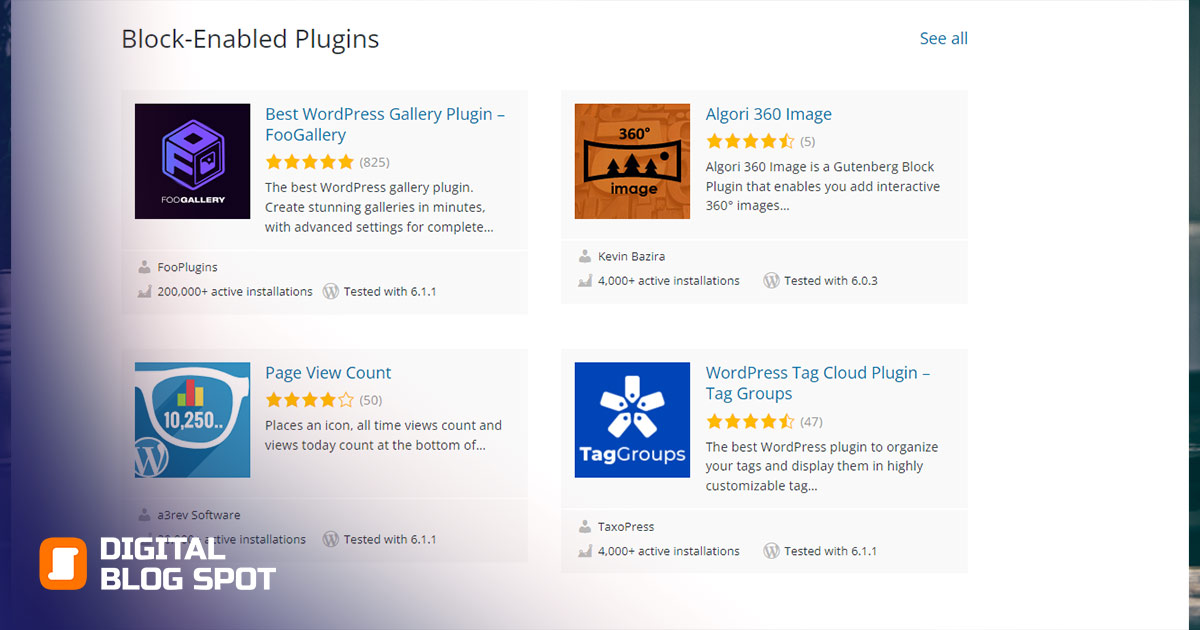
Let me start by defining what is a WordPress plugin or a Shopify app.
Plugins and apps are extra pieces of code, generally used as an extension to the WordPress or Shopify platform.
This piece of extra software has a specific function to perform on your website.
Running an Ecommerce website, you would certainly need the help of a set of apps or plugins. Hence, you would need to identify which platform has a better plugin offering.
Shopify
There is a wide range of apps available for your Shopify store. Most of them might feature a free plan.
I haven’t found a lot of the free plans offered by its apps helpful, however.
For an instance, I once set up a tool to help me integrate my Facebook shop and update stocks. But the tool took only the English name and the price column from the excel sheet.
I wanted to add up the Arabic naming and description, but the tool required a pro plan just to complete that purpose. it wouldn’t even let me add the price after the discount to my table unless I used the pro plan and that means that the free option was completely useless.
The translation tool and the product discount countdown were not far from the same scenario.
But I won’t steal it its right. When the tools are used in their pro plans, they are usually very helpful, you just need to understand which are the best apps to add.
Having a lot of apps active on your website might slow down its performance. So you need to be careful and choose wisely.
WordPress
There is a ton of WordPress plugins to choose from. The most popular among those are WordPress SEO plugins, like Yoast SEO, SEMrush, and Surfer SEO.
Yoast SEO alone is considered critical for any website as it provides you with loads of SEO features.
Having it enabled, you will be able to identify the proper length for your title tags, meta descriptions, and URL snippets.
You will also be provided with an on-page SEO score and content readability score. Those will help you greatly with your performance on search engines.
Upon adding any new page, product, or post, Yoast will automatically send new XML sitemaps to google’s search console, so Google can crawl your new pages and index them.
WordPress also has a pair of drag-and-drop builders that prove to facilitate the process of designing your website, Elementor, and WP-Bakery.
For any additional feature that you might wish to integrate into your WordPress website, you will find more than one plugin. Additionally, I have found that the free plans for most WordPress plugins are quite satisfactory.
It’s not a matter of Bias, but WordPress SEO certainly wins over this point.
7- Integrations
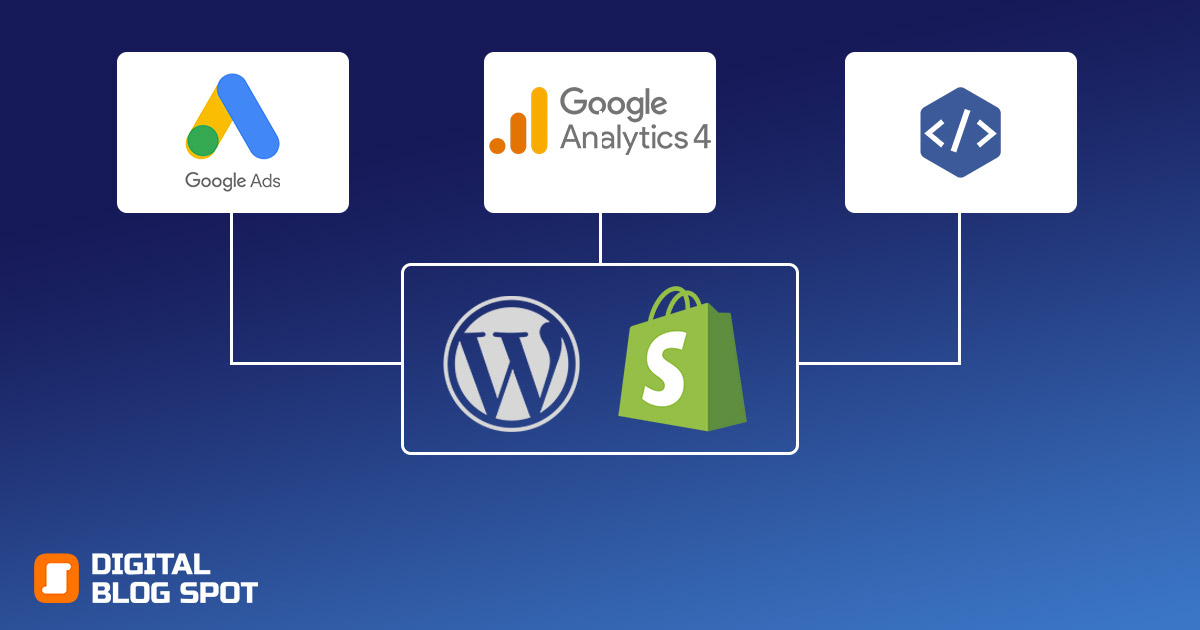
Integrations are one of the most important technical aspects of any ecommerce platform. Whether tracking your website through third-party analytics or running advertising campaigns on Google Ads or Facebook, you would certainly need to integrate those tools with your WordPress website.
Generally, any new webmaster would need to Integrate tracking tools like Google Analytics, Google Ads, and Meta Pixel. Those are essential to let you gather actionable insights about your website’s traffic and performance.
Additional integrations are needed for SEO purposes. Among the top integrations for SEO are Google Search Console and your SEO tools integrations.
Both Shopify and WordPress have the same mechanism when integrating with third parties. That is through apps and plugins.
All third-party tools are extremely careful to allow their tools to integrate with both ecommerce platforms. Due to the large number of ecommerce sites created using both, missing out on an integration method with either of them would be a great loss.
Whether it is MailChimp, SEMrush, Ahrefs, Surfer SEO, or any other popular tool that needs to be sending and receiving data from your website, you will certainly find an app for it.
The case is, with Shopify, you might need to pay for that app in order to get the desired objective.
Shopify SEO and WordPress SEO will both be granted this point alike.
8- Tech Support
Shoving your way through the ecommerce business, you will realize that a lot of technical support will be essential. Even if you got the most tech-savvy team on board, some issues require further customization with the theme, which they might be afraid to carry.
As amending one piece of code might disrupt the full functionality of your theme.
Shopify
If you are running a Shopify store, you wouldn’t have the least amount of worry, as they provide a diversity of easy and quick ways to get in touch.
You can reach them through email, live chat, or even dial one of the four listed numbers depending on your geolocation.
WordPress
If you are operating a WordPress site, you wouldn’t be on the lucky side for this point.
Debugging your online store will take much longer if you are opening tickets and waiting for a response. that would most often be the case with WordPress.
They don’t provide phone contact, but they have a live chat available only for admin-access users.
If an editor tried to reach them, he would only be introduced to the email support option. On their chat support page, they mention that their chat support might face some closures due to business urgencies.
This point will go to Shopify SEO, as a result of the 24/7 multi-support channels they provide.
9- Pricing
There is a big difference in the pricing system between building WordPress or a Shopify site.
The cost in this step will be calculated based on a full annual plan including all required aspects for running a basic website.
that will take into consideration, hosting cost, theme price, and an SSL certificate.
Shopify
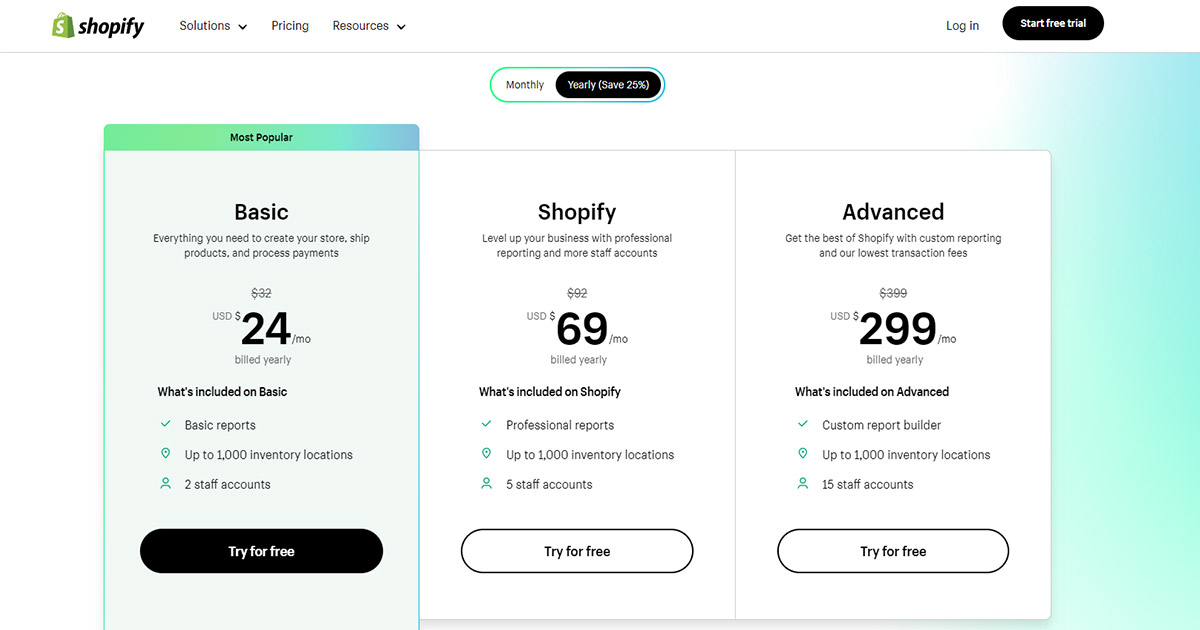
Shopify payments are incurred based on a monthly subscription. On the good side, all Shopify sites’ subscriptions come with an SSL security certification, basic reports, and at least 2 staff accounts.
The basic plan for Shopify costs 32$ if paid monthly and you will save 25% if you chose an annual plan.
WordPress

Running a WordPress site would have a different calculation method. As you can go to wordpress.com where you will find that you can start with a free plan and upgrade along the way.
But my recommendation is to go to a third-party hosting provider and choose a hosted WordPress option. You can check BlueHost, or Hostinger for that part.
I personally use Hostinger for hosting this website and they have proven quite efficient.
Who is the winner?
According to our comparison, we have to declare a winner, and that would be WordPress.
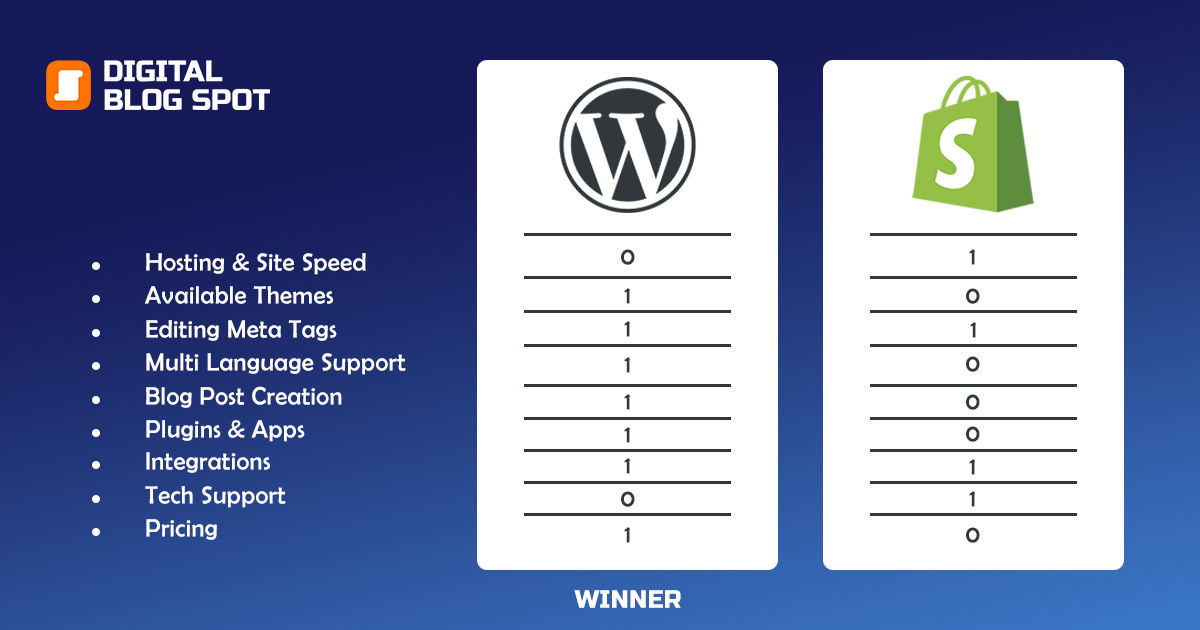
It can’t be that easy, however, as different scenarios require different evaluation criteria.
Extra Notes
After fully reviewing each tool, we can come up with two scenarios and for each, there is a winner.
If you are somehow a tech-friendly entrepreneur who is not willing to compromise the least bit on SEO, then WordPress is the right choice for you. With a few bucks and some extra time invested in developing your website, choosing your hosting plan and security requirements, you can do a better job at optimizing your website for search engines.
On the other hand, if you are not that much into techy stuff, but have a few more bucks to disburse, then Shopify would be your go-to place.
Shopify can offer you a beginner, SEO-friendly website to some extent. You can easily scale up your business without worrying about hosting tolerance or speed going down.
But, you might incur some extra costs securing that, and with not as much space for customization as WordPress can offer.
Finally, let me say that choosing any of the e-commerce platforms without giving enough focus to your SEO strategy will not yield the desired results.
Now it’s your time, to tell me which platform you think does a better job when it comes to SEO and has served you fine. Share your opinion or feedback with me in the comments.



